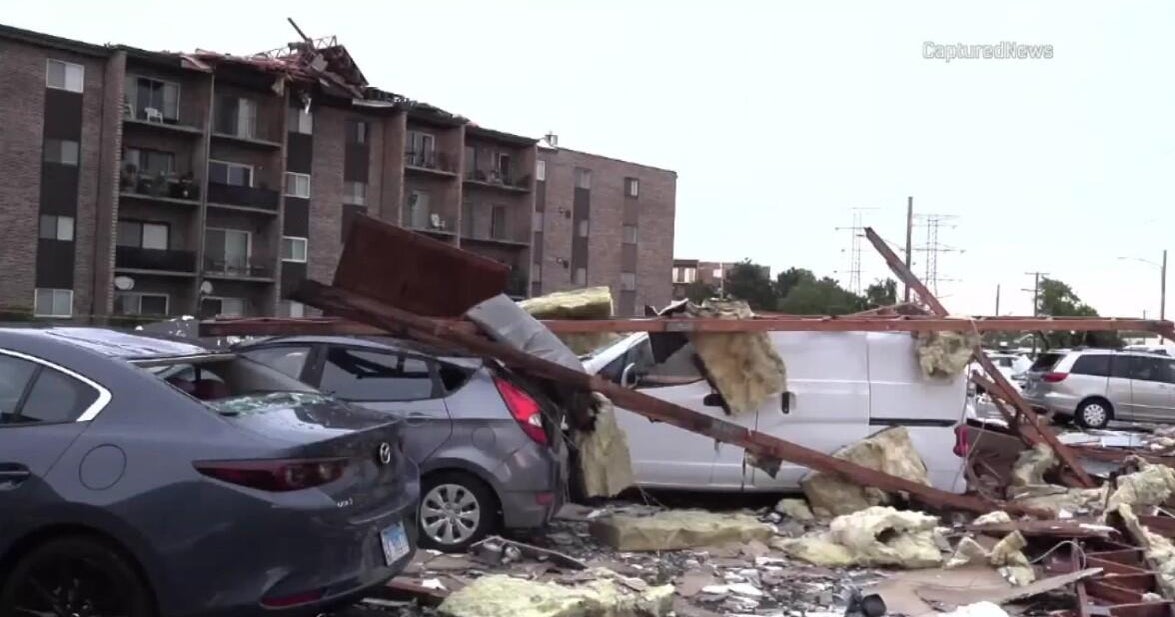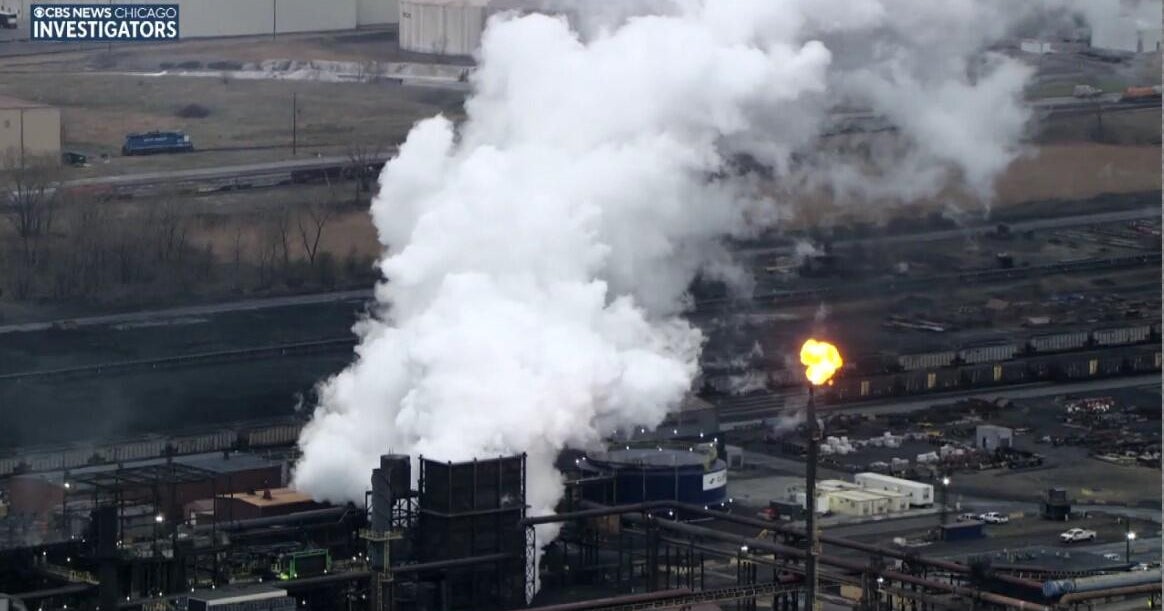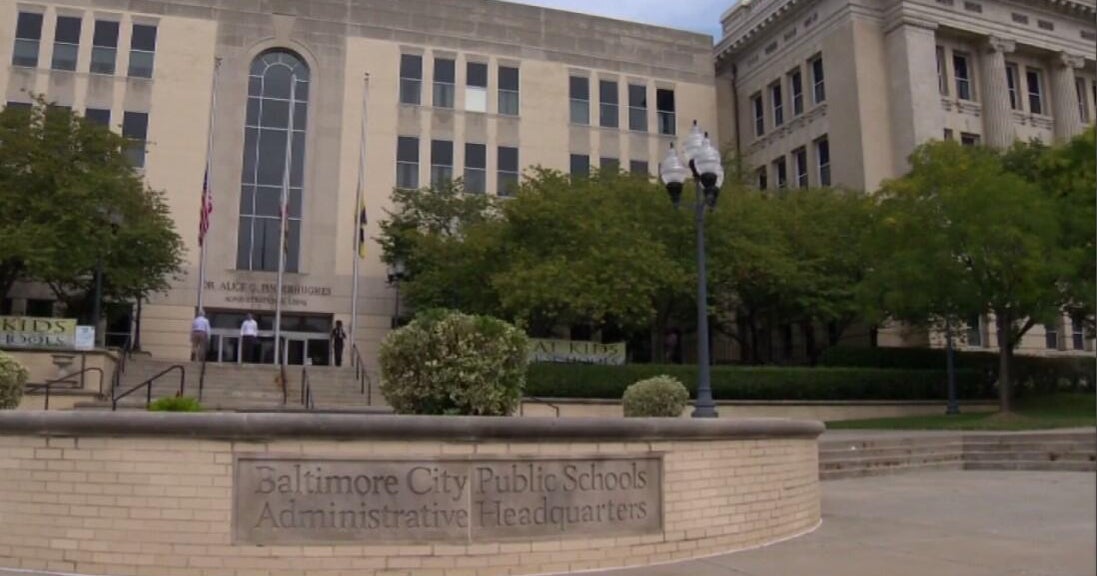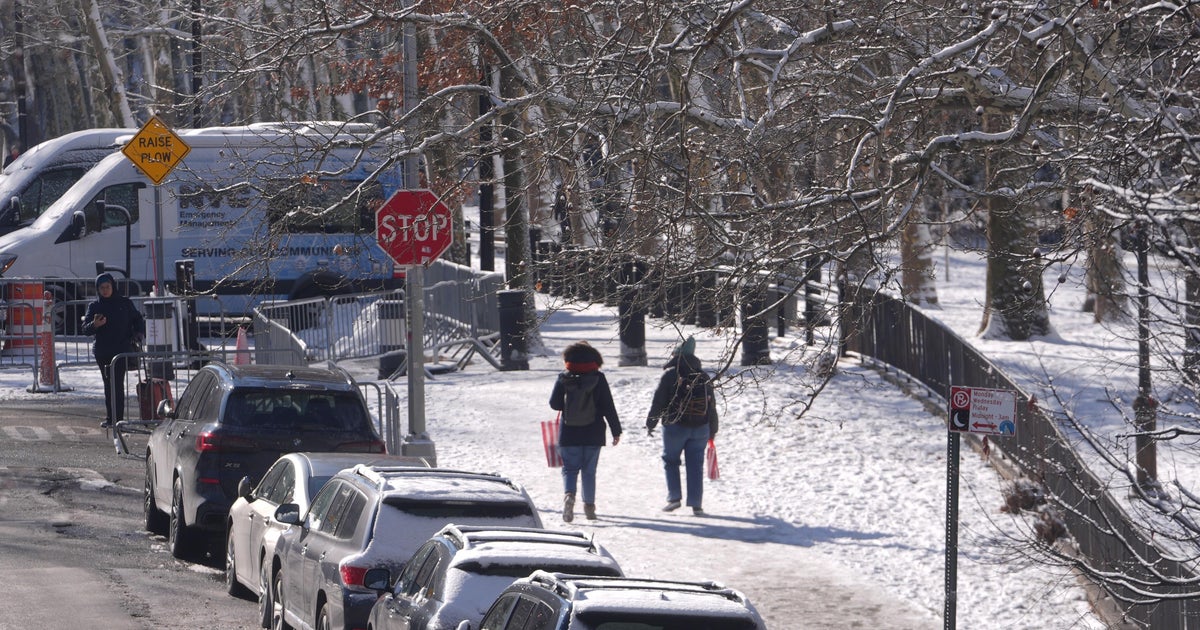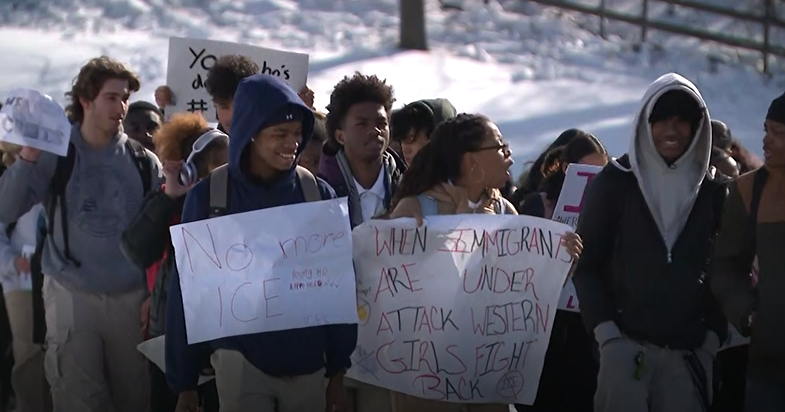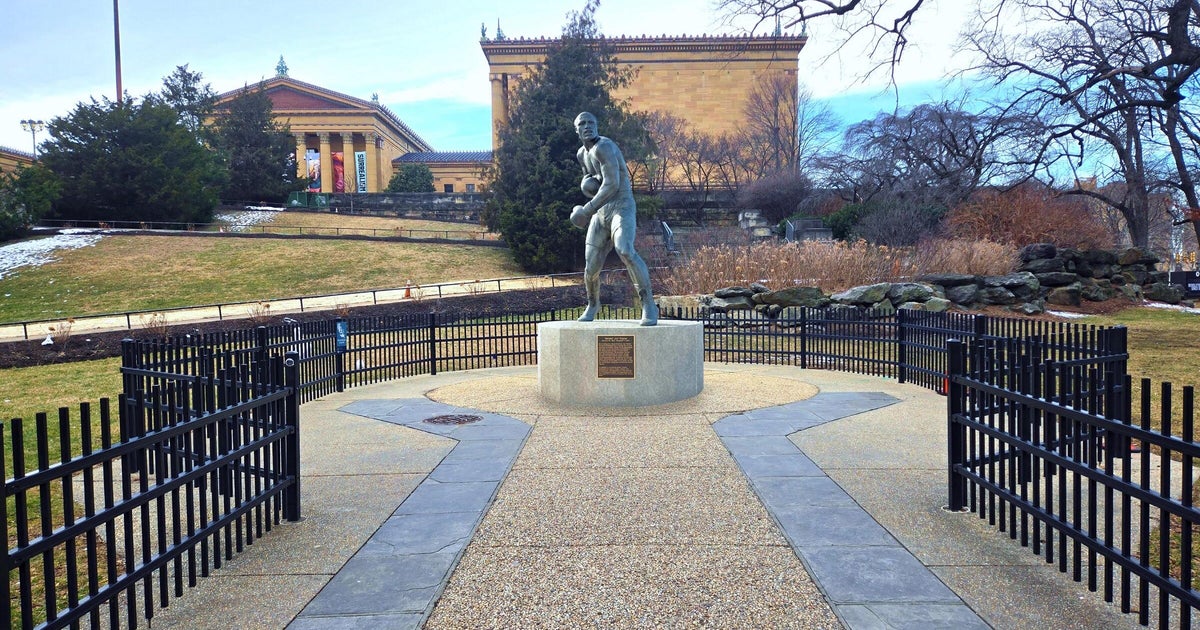President Biden Expected To Announce New Sanctions On Cuba
WASHINGTON (CBSMiami/AP) — President Joe Biden is meeting with Cuban-American leaders at the White House on Friday and is expected to announce new sanctions on Cuba in response to recent protests on the island.
The administration has been weighing additional penalties as well as initiatives to open up internet access to the Cubans since the protests began.
Friday's meeting will take place almost three weeks after protests in which thousands of Cubans took to the streets in Havana and other cities to protest shortages power outages, food and medicine shortages and government policies. They were the first such protests since the 1990s.
Details of the new measures, expected to be announced jointly by the White House, Treasury and State Department, were not immediately clear.
Among the people who will meet with Biden is Yotuel Romero, one of the authors of the song "Patria y vida!" which has become a kind of anthem for the protests, said an official who spoke on condition of anonymity
Also present will be L. Felice Gorordo, CEO of the company eMerge Americas; Ana Sofía Peláez, founder of the Miami Freedom Project, and Miami's former mayor, Manny Díaz, among others.
The White House did not provide more details, only saying that new sanctions will be discussed as well as ways to establish internet access for the Cuban people.
Some U.S. leaders, including Florida Gov. Ron DeSantis, have said the White House should do something to maintain internet service in Cuba, including using balloons as Wi-Fi access points for the population.
José Miguel Vivanco, Human Rights Watch's director for the Americas, said protecting internet access in Cuba must be one of the top priorities of the Biden administration.
In addition to the internet, the Biden administration is considering proposals put forward by U.S. advocates of trade with Cuba that would restore ways for Cuban-Americans to send money to relatives on the island.
Biden and others have rejected the outright restoration of remittances because of a percentage fee of the transaction paid to the government. But under one proposal being considered, the transfer agents would waive that fee until the end of the year, according to proponents.
The proposal would have to be cleared by the Cuban government, however, and it is not at all clear it would agree.
Last week, the U.S. government announced sanctions against the minister of the Cuban armed forces, Álvaro López Miera, and the Special Brigade of the Ministry of the Interior — known as the "black berets" for human rights abuses.
International organizations have harshly criticized the Cuban government, which has said that while people affected by the country's crisis participated in the protests there were also "criminals" who took advantage of the situation to create disturbances. At times, the protests turned into vandalism with looting, robbery and confrontations with the police.
Government sympathizers also took to the streets to defend the authorities and the revolution.
So far it is unclear how many people were detained, although the judicial authorities have said there have been 19 trials involving 59 people.
(© Copyright 2021 CBS Broadcasting Inc. All Rights Reserved. The Associated Press contributed to this report.)
